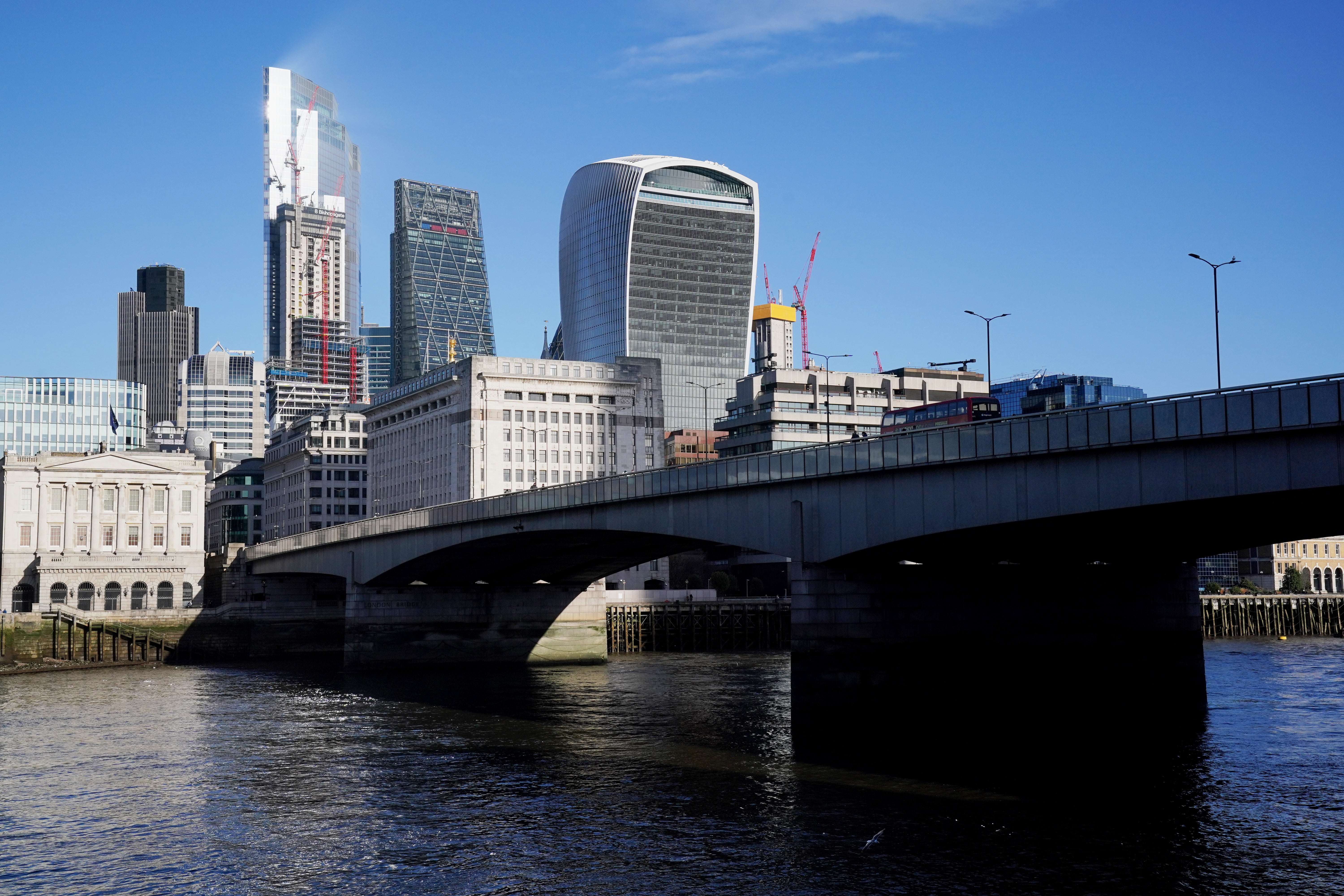European markets lose wind in their sails amid Russian gas fears
The FTSE 100 ended the day down 31.97 points, a 0.4% drop, to 7,264.31.

A two-day strong run for the FTSE 100 came to an end on Wednesday as the wind came out of European markets.
The FTSE 100 ended the day down 31.97 points, a 0.4% drop, to 7,264.31 as some investors cashed in on a couple of days of rises.
But worries over Russian gas supplies to Europe also put pressure on shares, they had soared yesterday after the Kremlin said that it would restart shipments via the Nord Stream gas pipeline.
But there was news of further potential maintenance to the vital gas supply route on Thursday.
Nord Stream supplies a large portion of Europe’s gas.
“It has been a mixed start to the session, although given the scale of the bounce for the week so far some profit-taking was to be expected,” said Chris Beauchamp, chief market analyst at online trading platform IG.
“Headlines about Russia contemplating further maintenance to its Nord Stream platform have put European stocks under pressure, as traders weigh up whether they can push this risk rebound much further.
“In addition, the double-whammy of UK and Canadian inflation data today has trimmed the appetite of dip buyers, who have been trying to forget about CPI (consumer prices index inflation) figures in their quest to pick up some bargains.”
By the end of the day of trading in Europe, the S&P 500 in New York had risen by 0.7% and the Dow Jones was up 0.1%.
In Germany the Dax index closed down 0.2%, while France’s Cac 40 dropped 0.3%.
At the same time sterling had lost 0.19% of its value against the dollar and 0.03% against the euro.
One pound could buy 1.1975 dollars or 1.1744 euros.
In company news, Royal Mail posted a drop in sales, saying the company lost £1 million a day over the last quarter.
The delivery company said that people were sending fewer parcels, and its attempts to cut costs had “stalled”.
The company, which is also facing strikes from thousands of workers, saw its shares rise by 0.6%.
Meanwhile Premier Foods said that its sales rose, by 6%, over the three months to early July.
Sales hit £197 million, the maker of Mr Kipling and Ambrosia said, as people cooked more at home.
Some of its brands are “increasingly popular as household budgets become ever stretched”.
The biggest risers on the FTSE 100 were Scottish Mortgage Investment Trust, up 38.2p to 838.2p, Ashtead, up 135p to 4074p, Aveva Group, up 68p to 2312p, Ocado, up 20p to 774.8p, and Entain, up 27.5p to 1154p.
The biggest fallers on the FTSE 100 were DS Smith , down 11.3p to 283.6p, AstraZeneca, down 314p to 10918p, Rolls-Royce, down 2p to 92.03p, Reckitt, down 122p to 6302p, and BAT, down 65p to 3463.5p.
Bookmark popover
Removed from bookmarks